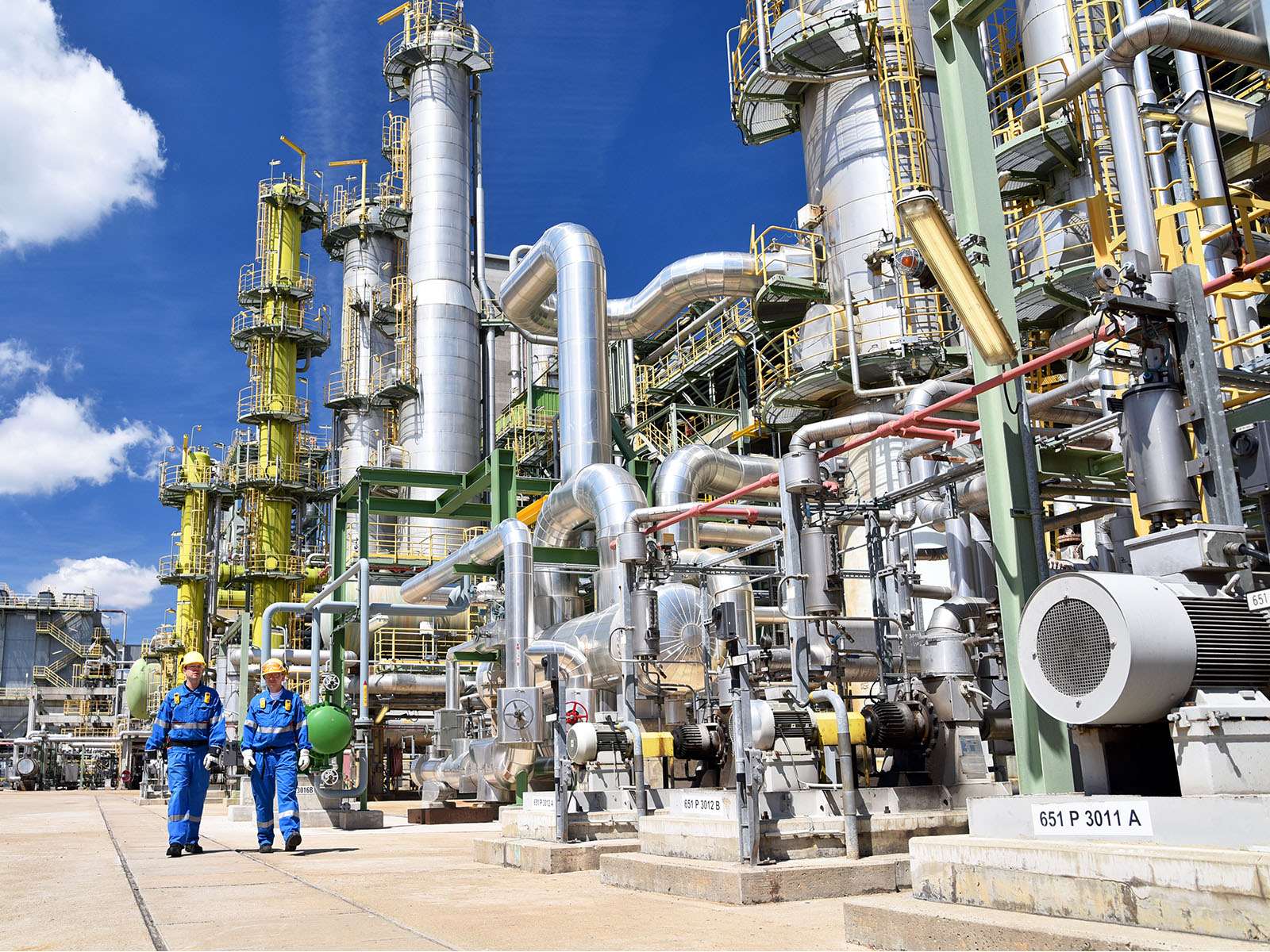Crystallizers are essential to industrial processes by enabling controlled crystallization – several industries rely on them to create end products with desired properties, as they help build solid, pure, and size-controlled crystals. With Altum’s technology, we can enhance this process even further.
When it comes to industrial processes, optimizing efficiency and productivity is key. Crystallizers, by helping create the desired end product efficiently, are critical to the production process. This is why their operational performance is important to many industrial sectors and companies.
What are crystallizers used for?
Crystallizers play a crucial role in achieving high-purity solids, separating impurities, and recovering valuable materials. Crystallizers produce several products like sodium sulfate, ammonium sulfate, potash, nickel hydroxide, magnesium chloride, nickel sulfate and calcium chloride.
Crystallization is used in industries such as
- chemicals
- metals and minerals
- fertilizers
- pharmaceuticals
- petrochemicals
- food
- water treatment
For instance, crystallizers are used for recovering salts from wastewater, particularly in chemical wastewater treatment. In the minerals industry, crystallizers can be used to refine nickel-containing intermediate feed sources and produce crystallized nickel sulfate, which is a common process in the production of nickel compounds. There are also numeral applications of crystallizers in the agrochemical industry, including producing fertilizers.
Scaling and fouling in crystallizers – A challenge in search of a solution
Just like various other equipment, crystallizers can suffer from scaling and fouling. Scaling can occur during the crystallization process when crystals stick to the surfaces of equipment, reducing heat transfer efficiency and hindering overall performance, not allowing the desired crystals to form and the crystallizer to work up to its full potential. The removal of this scaling, in turn, will cause production losses or shutdowns in the process.
The following reasons are common causes for why crystallizers can suffer from scaling and fouling.
Impurities in the feed stream
Crystallizers can be sensitive to impurities present in the feed solution. These impurities, such as suspended solids, organic compounds, or other contaminants, can deposit on the crystallizer surfaces and lead to fouling issues.
Temperature difference
The large size of crystallizers easily leads to temperature variations inside the equipment, which can eventually form hot spots or cold spots, leading to fouling in particular areas – heated surfaces attract foulants.
Precipitation of salts
Most of the scaling or fouling occurs due to the presence of inorganic salts like carbonates and sulfates. For salts, their solubility in water decreases with increasing temperature. The salts are, therefore, deposited on the warm surface when a cooler substance makes contact with it.
Agglomeration and crystal adhesion
Crystallization can involve the formation of larger crystals through the agglomeration of smaller crystals. However, if the agglomeration is excessive or uncontrolled, it can lead to fouling. Also, crystals or agglomerates can adhere to the crystallizer surfaces, leading to fouling over time.
Solving fouling and scaling issues with high power ultrasound
Fortunately, there’s a solution to address these challenges. Altum Technologies’ ZPD solution increases the productivity of the crystallizer by delivering numerous benefits. By preventing scaling, it reduces energy consumption, extends operational hours, and minimizes the need for cleaning and maintenance. These advancements enable industries to realize significant cost savings, enhanced sustainability, and streamlined operations.
To optimize your crystallization process, reach out to us today.
Read more about crystallizers in industrial processes in our previous articles:
Crystallizers – Enhancing the operation of crystallizers with software-guided ultrasound
and
Revenue Increase Achieved with Ultrasound in the Crystallization Process

